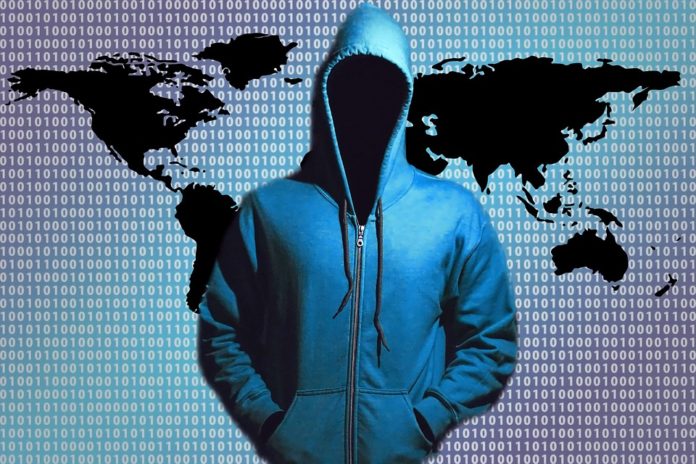We use our phones and other digital devices for work and play under the assumption that our text messages, E-mails, and other personal information is safely within our possession. However many social scientists and researchers can tell you that privacy as we come to expect it, is not at all a guarantee even in the land of the free. As a matter of fact, your privacy is compromised on a daily basis with or without your consent, giving rise to the notion that society is developing more and more into something reminiscent of George Orwell’s 1984.
Whether you believe that the government is conspiring against you, or that people simply need to engage in safer online practices, here are the top 3 ways your personal information is being compromised, and what you can do to stop it.
- Online shopping
The internet is an amazing tool that helps us shop for clothes, food, toys, and all of the latest gadgets hitting markets all across the globe. What most shoppers fail to realize is that a significant percentage of your internet activity, down to your most recent Target purchase, translates into useful information in which companies tap into, to develop marketing algorithms. These equations, based on what shoppers click on, view, and buy, help advertisers create gender, age, and lifestyle specific advertisements to better influence the shopping habits of potential shoppers.
So no, that funny little cotton-pad commercial that popped up just minutes before you were looking at Essie nail polish, was not a random coincidence. It is the work of sophisticated URL trackers, cookies, and traceable web trails that you may or may not have agreed to.
Whereas most people don’t mind targeted advertising, or may even appreciate them for making your online shopping experience just a little easier, there is no question that this very same technology poses a threat to your privacy, even while using a private browser. The recent Facebook leak, resulting in millions of users being subjected to “targeted campaigning,” unbeknownst to them, during the weeks before the 2016 primary, is just the most recent example.
To protect yourself from a suspected Putin-Trump cyber attack, regularly clear your search history as well as disable cookies via your browser settings. This is relatively easy and effective way to keep cached data from aiding predictive technology.
- Untrusted Wi-Fi Networks
While catching up on an episode of Black Mirror from the comfort of an airport terminal or coffee shop might seem like a good idea, an untrusted network could lead to a haphazard download of an encrypted hard-to-remove virus or worse, someone recording your personal information. Free networks often do not require a password, which for the most part, allows for private browsing. With a high volume of people tapping in and out of a given network, unsecured wifi connections are a perfect opportunity for hackers to steal important information like your social security number, address, and bank account information.
To date, there are many programs which can give even the most remedial hackers access to your private stuff. Programs such as Firesheep and Wireshark are just a few notable black market programs that were exposed in recent years for their ability to hijack internet sessions and provide a third-party view of an unsuspecting person’s phone or computer screen.
Your safest bet to protect yourself from snoopers is to invest in a VPN or a Virtual Private Network. A VPN channels all of your browsing traffic through it almost like a filter, before the information is wired back to your device as a secured web page.
Or you could simply opt for a personal hotspot, which you can enable through your wireless provider.
- Social Media
It is no question that Social Media is a huge driving force in the realm of online communication. However, unlike the other more subversive threats, victims of stalking and in lesser cases identity fraud, are sometimes brought on by the careless sharing of otherwise personal information.
According to researchers at ADWeek, users have the tendency to overshare due to the nature of instantaneous communication along with the presumption that actions taken online have minimal, or no consequences in the waking world. This includes the frivolous posting of statuses, but also newer features that allow users to share their location in real-time, as well as their visibility online, with little preventative measures to ensure that certain audiences are barred from accessing such information.
To prevent yourself from the dangers of oversharing, quite logically, refrain from putting your phone number, Email address, relationship status and any other information in the fields asked of new and current users on Facebook.
Also, do not publicize information that would compromise the safety of others, like the names and location of minors without the permission of parents who may or may not be present on or offline. Simple practices like this, as well as better sense of discretion online can ultimately protect you as well as your personal information from falling into the wrong hands.










